Stories of impact blog
When you support Oxfam, you help create a world without the inequality that fuels poverty. Here’s what that looks like for the communities we work with.
FEATURED STORY
Middle East Crisis: the latest
It has been over a year since the conflict in Gaza escalated — a year of families living without their homes, their loved ones or the basic supplies they need to survive.
Read More
Popular categories
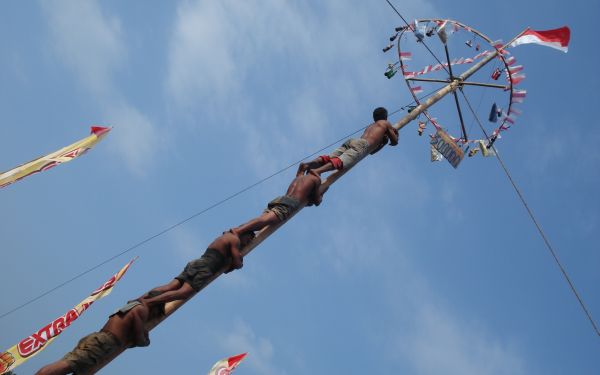
Independence Day Celebrations
It has become a custom for Indonesians to commemorate Independence Day by holding competitions. This year the factory also held...
READ MORE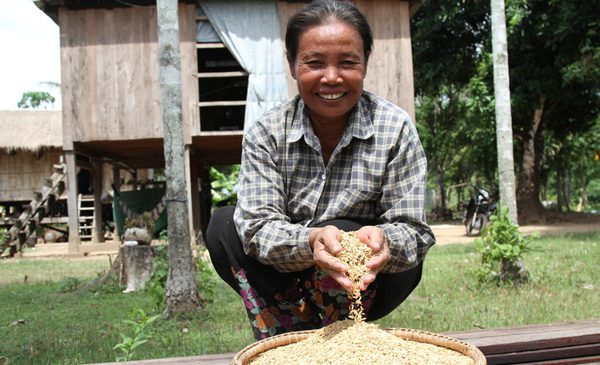
Less rain means less food
The delay of wet season in rural Cambodia is agonising farmers, who can’t plant rice seedlings until there’s enough rain....
READ MORE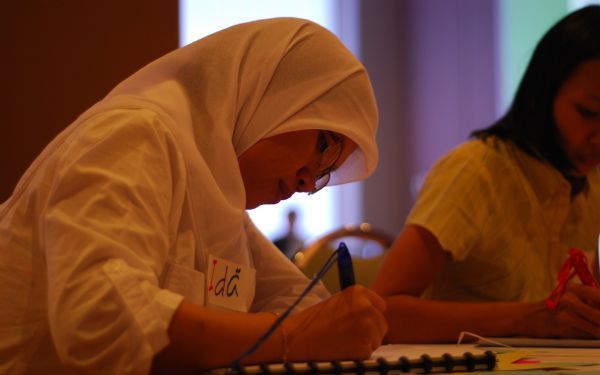
A month of fasting begins
Wednesday was the first day of Ramadan - the Islamic month of fasting. For the next forty days I will...
READ MORE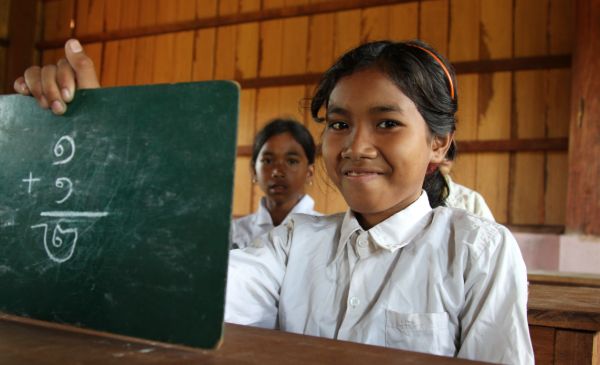
Passionate teachers bring opportunity
I’ve been visiting Oxfam-built schools in remote areas of Stung Treng province. We went to monitor post-construction progress, while doing...
READ MORE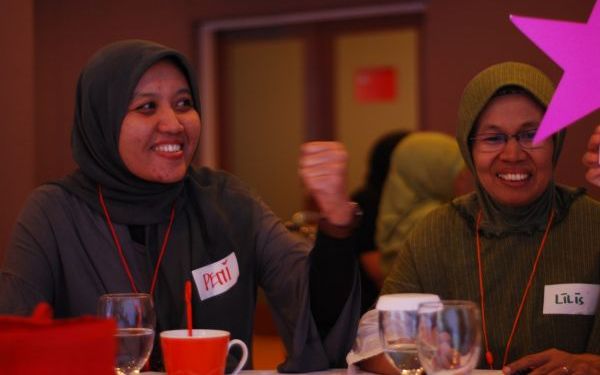
Changing the status quo for women workers
Last year I had the opportunity to join in some leadership training conducted by the NGO Kapal Perempuan. I learnt...
READ MORE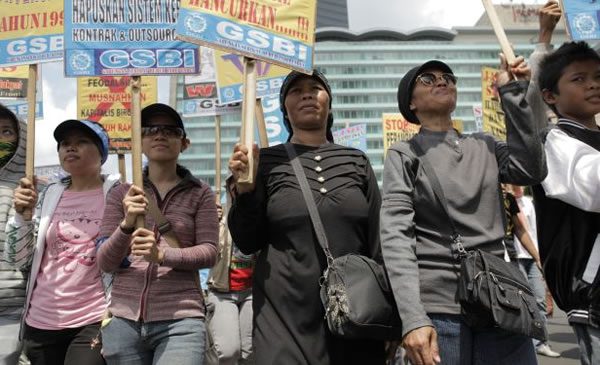
United: we stand a chance!
Today I want to talk a bit about why unions are important for workers like me. I became a member...
READ MORE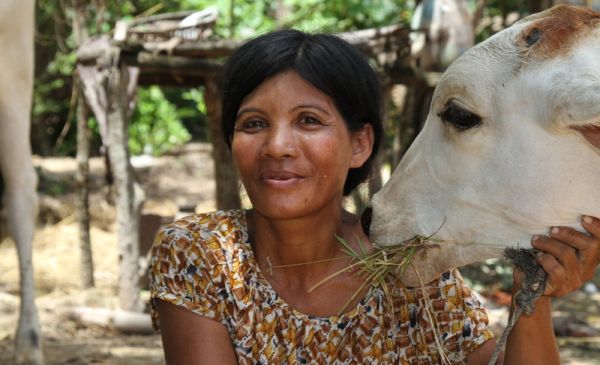
Cow banks: a long-term solution
I've just returned from rural Takeo where I discovered what makes a cow bank work so well - and the...
READ MORE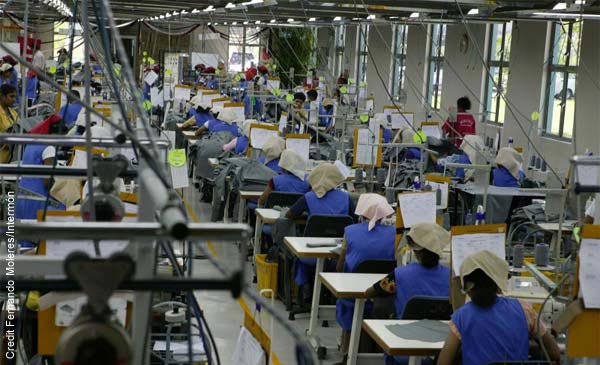
Over time or over it?
English / Bahasa Last week I worked 9 hours overtime. This week on top of overtime I’ll also work a...
READ MORE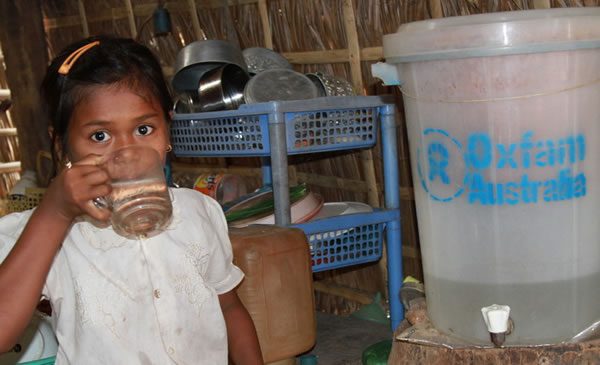
Unveiling hope
It took a six-hour drive through rice fields and lush forests, a few 4wd tracks and a boat trip on...
READ MORE
In my shoes: Sewani’s story so far
Read the life story of Sewani* , a 24 year old Indonesian footwear worker. You can follow Sewani’s blog here....
READ MORE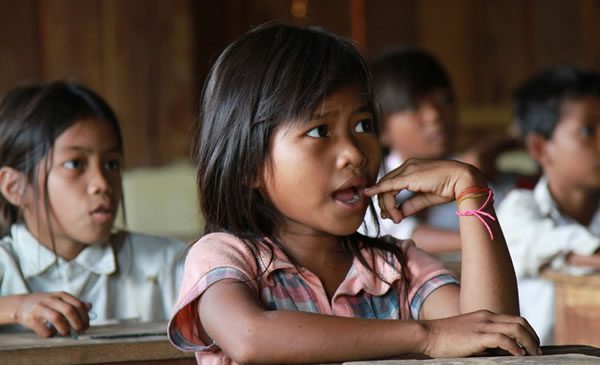
A bit about modern Cambodia
There are millions of things to write about modern Cambodia, so I’ll focus on a few key things that relate...
READ MORE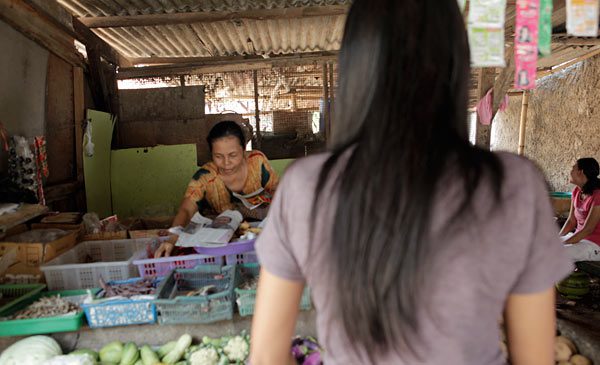
Life on the minimum wage…
English / Bahasa Producing sports shoes in the factory I earn about $140 (AUD) per month. Most of this income...
READ MORE